Reasoning and critical thinking uwo - The University of Western Ontario : Philosophy (AC)
The Effect of Richard Paul's Universal Elements and Standards of Reasoning on UWO Uses Sim Technology to Teach Critical Foundation for Critical Thinking.
Why Teach Critical Thinking Skills?
What alternative models of CT can be used to enrich multilingual and intercultural education? Can CT be taught and learnt? If so, how and in what ways and under what kinds of conditions? If CT exists then what is uncritical thinking in multilingual and intercultural education? Can digital technologies help to promote CT in multilingual and intercultural education?
The issue of assessing CT is problematic. Yet can CT be assessed nhs case study geography or formatively in multilingual and intercultural education?
Google Scholar Friedman, A. The state of the field: Technology, social studies, and teacher education.
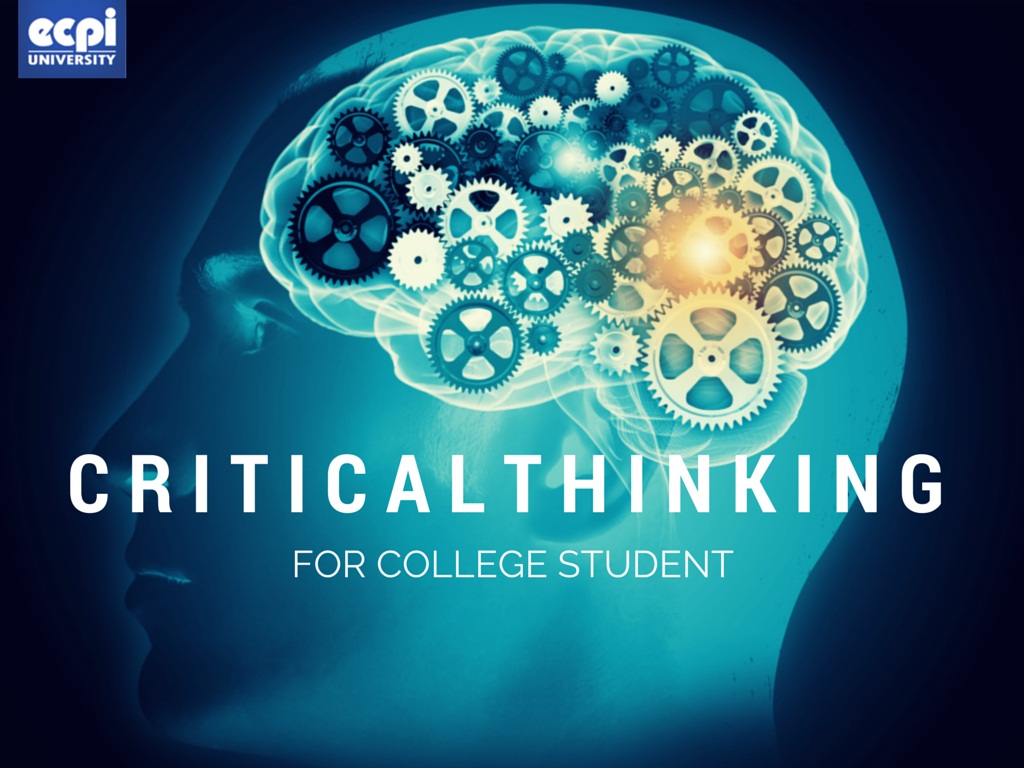
Contemporary Issues in Technology in Teacher Education, 6, — Google Scholar Heitzmann, W. The power of political cartoons in teaching history. National Council for History Education.
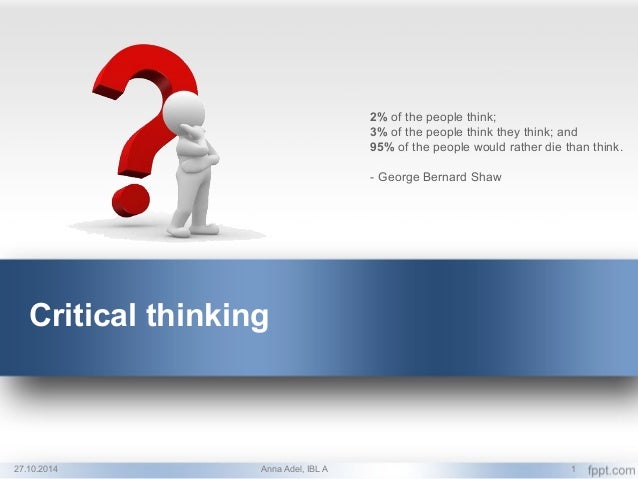
Google Scholar Henri, F. Computer conferencing and content analysis.
Approved First Year Non-Technical Elective Courses - - Western University
The Najaden Papers pp. Audio-based versus text-based asynchronous online discussion: Instructional Science, 41 2— Bring the past to life. The Writer, 11 Google Scholar Kassirer, J.

Google Scholar King, A. Enhancing peer interaction and learning in classroom through reciprocal questioning. Critical thinking in the secondary social studies classroom. Google Scholar Maiorana, V.

The road from rote to critical thinking. Community Review, 11 1—253— Google Scholar Martindale, T. An Introduction to Teaching with Weblogs.

Retrieved March 15,from http: A systematic review of the evidence that podcasting supports learning in higher education. Google Scholar Mezirow, J. Fostering critical reflection in adulthood: A guide to transformative and emancipatory learning. Curriculum standards for Social Studies.
Business_ethics_course_outline and Rubric of Written Work | Critical Thinking | Business Ethics
Google Scholar Newman, D. Evaluating the quality of learning in computer supported cooperative learning.
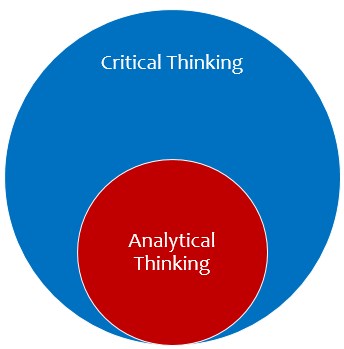
Journal of the American Society of Information Science, 48, — Social Studies syllabus revamped to train critical thinking. What every person needs to survive in a rapidly changing world. Google Scholar Phaneuf, M. The think-aloud protocol, adjunct or substitute for the nursing process.
A Singapore case study.
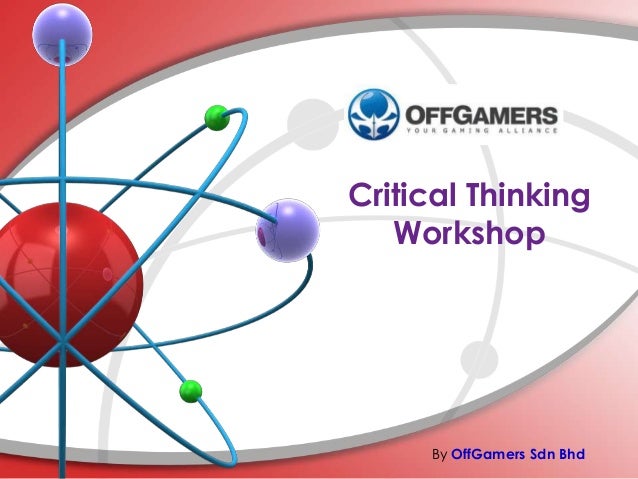
International Journal of Instructional Media, 37 4— Google Scholar Schafersman, S. An introduction to critical thinking.

Retrieved on 26 Aug from http: Tagging thinking types in asynchronous discussion groups: Effects on critical thinking. The topic for each paper will be based on the reading and lectures and will be assigned in class i.
Critical Thinking: Deductive and Inductive Arguments 1Each paper has a maximum length of 4 single-spaced pages. Please do not exceed this—even by a single word—or the mark for that paper will be penalized.
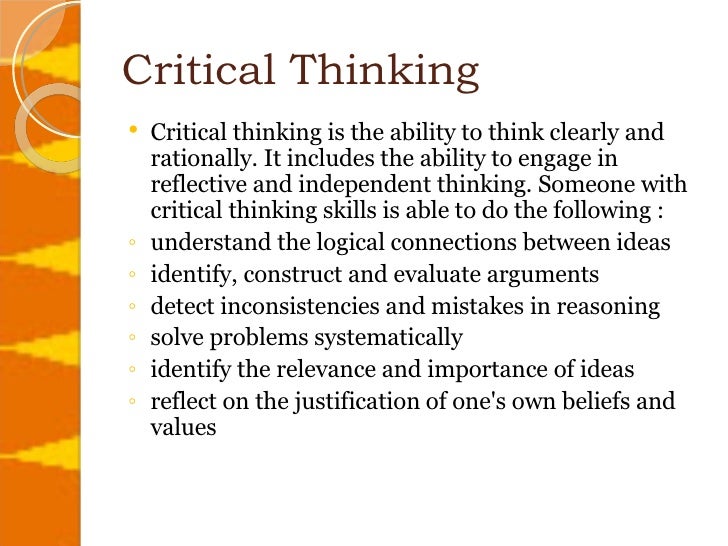
Each paper will be graded on a scale in terms of how well you addressed the topic or question. Content, form, spelling, grammar, and style all count in this grade. The important dates for these papers are listed on the main schedule. This final is a three hour, closed-book final that will be scheduled by the registrar.